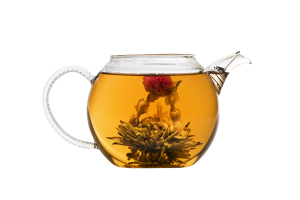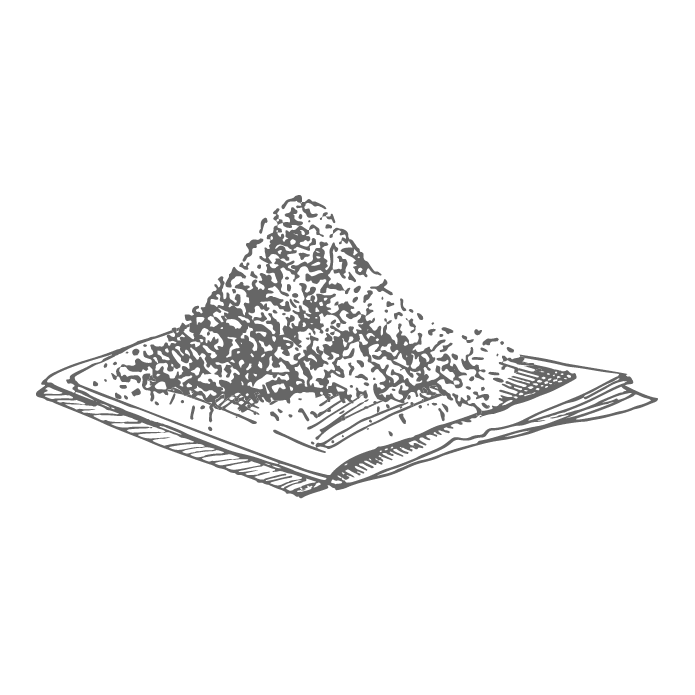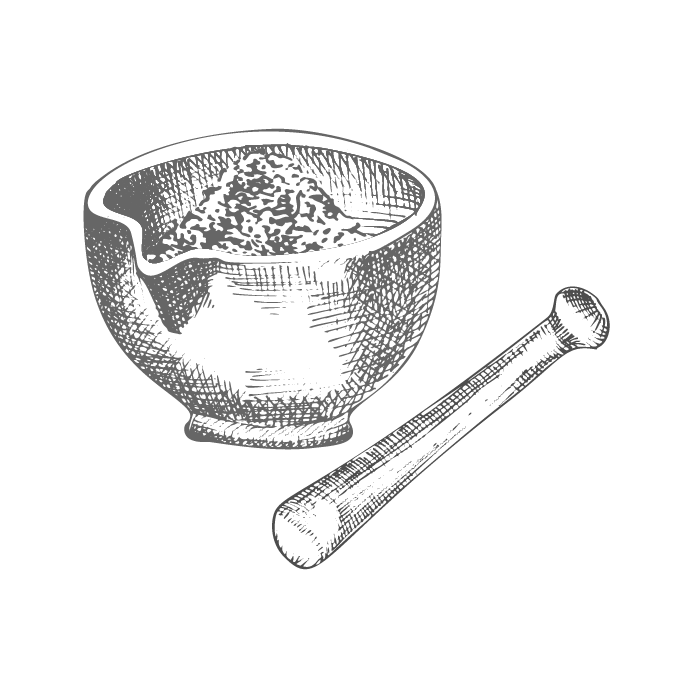
Chrysanthemum tea
CHRYSANTHEMUM TEA.
In Chinese Medicine, Chrysanthemum tea is highly regarded for its ability to benefit vision due to its cooling and nourishing properties, as well as its specific effects on the liver and eyes according to traditional Chinese medical theory.
What are the properties of Cyrstanthemum Tea?
1. Cooling Property:
In Chinese Medicine, it’s believed that certain foods and herbs have cooling or heating properties that can affect the body’s internal balance. Chrysanthemum is considered a cooling herb, which means it can help reduce excessive heat in the body. Excessive heat can manifest in the eyes as symptoms like redness, dryness, or irritation. By cooling the body, Chrysanthemum tea may alleviate these symptoms and promote healthier vision.
2. Liver Nourishment.
In Chinese Medicine, the liver is closely associated with the health of the eyes. The liver is responsible for the smooth flow of Qi (vital energy) and blood throughout the body, including the eyes. When the liver is not functioning optimally or if there’s liver heat, it can manifest in symptoms such as blurry vision, dry eyes, or sensitivity to light. Chrysanthemum is believed to nourish the liver and improve its function, thereby benefiting vision.
3. Clearing Heat from the Eyes.
Chrysanthemum tea is also known for its ability to clear heat specifically from the eyes. In Chinese Medicine, excessive heat in the eyes can lead to various eye conditions such as redness, inflammation, or even vision impairment. Chrysanthemum tea’s cooling nature helps to reduce this heat, alleviating symptoms and promoting clearer vision.
4. **Rich in Antioxidants**:
Chrysanthemum tea contains antioxidants such as flavonoids and carotenoids, which are beneficial for eye health. These antioxidants help protect the eyes from oxidative stress caused by free radicals, which can contribute to age-related vision problems like macular degeneration and cataracts.
Overall, according to the principles of Chinese Medicine, regular consumption of Chrysanthemum tea can help maintain the balance of Qi and blood, nourish the liver, clear heat from the eyes, and provide antioxidant protection, all of which contribute to healthier vision. However, it’s essential to remember that while Chrysanthemum tea can be beneficial, it should not be seen as a substitute for professional medical advice or treatment for serious eye conditions.

Tea
Here’s a simple recipe to make your own chrysanthemum tea:
Ingredients:
– 2 tablespoons of dried chrysanthemum flowers
– 2 cups of water
– Optional: honey or rock sugar to taste
Instructions:
1. Start by bringing the water to a gentle boil in a pot.
2. Once the water is boiling, add the dried chrysanthemum flowers to the pot.
3. Reduce the heat to low and let the flowers simmer in the water for about 5-10 minutes, allowing their essence to infuse into the liquid.
4. After simmering, remove the pot from heat and let the tea steep for an additional 5 minutes.
5. Strain the tea to remove the chrysanthemum flowers.
6. If desired, sweeten the tea with honey or rock sugar to taste.
7. Pour the tea into your favourite cup or mug, sip slowly, and savour the soothing flavours.
And there you have it! A delightful cup of chrysanthemum tea to nourish your body and brighten your eyes during the autumn season and beyond.
Conclusion:
In Traditional Chinese Medicine (TCM), chrysanthemum is revered for its cooling properties, making it the perfect beverage to counterbalance the dryness and warmth that often accompany autumn. It’s believed to help dispel excess heat from the body, soothe sore throats, and even alleviate symptoms of seasonal allergies. But perhaps most fascinatingly, chrysanthemum tea is renowned for its ability to brighten the eyes. According to TCM principles, the eyes are closely connected to the liver, and drinking chrysanthemum tea can help nourish and soothe this vital organ, consequently improving eye health and vision
For those interested in diving deeper into the benefits of chrysanthemum tea, I highly recommend exploring reputable TCM resources such as “The Yellow Emperor’s Classic of Medicine” (Huangdi Neijing) and consulting with a qualified TCM practitioner for personalized guidance.
Remember, with each sip of chrysanthemum tea, you’re not just indulging in a delicious beverage — you’re partaking in a time-honoured tradition that celebrates the harmony between nature and health. Here’s to radiant eyes and vibrant well-being!
We always include diet and lifestyle advice in all of our consultations – if you need more help – call us on 0412789772.
You can also book an appointment with us here.
Reference:
– National Center for Biotechnology Information. (2016). The Yellow Emperor’s Classic of Medicine (Huangdi Neijing). Retrieved from https://www.ncbi.nlm.nih.gov/pmc/articles/PMC5045907/


